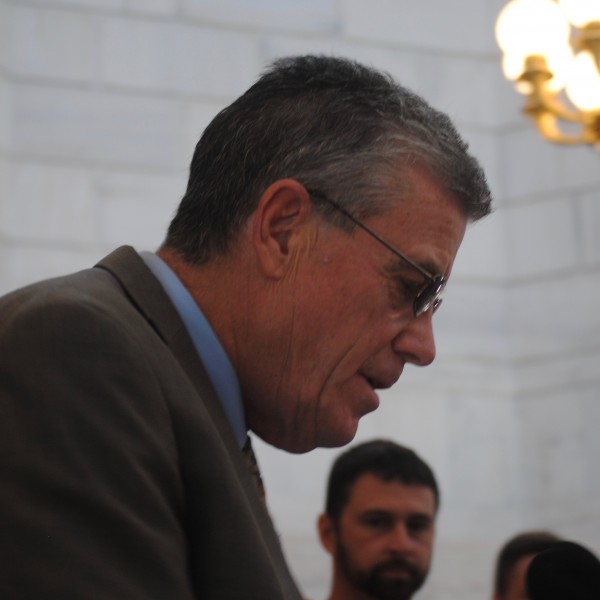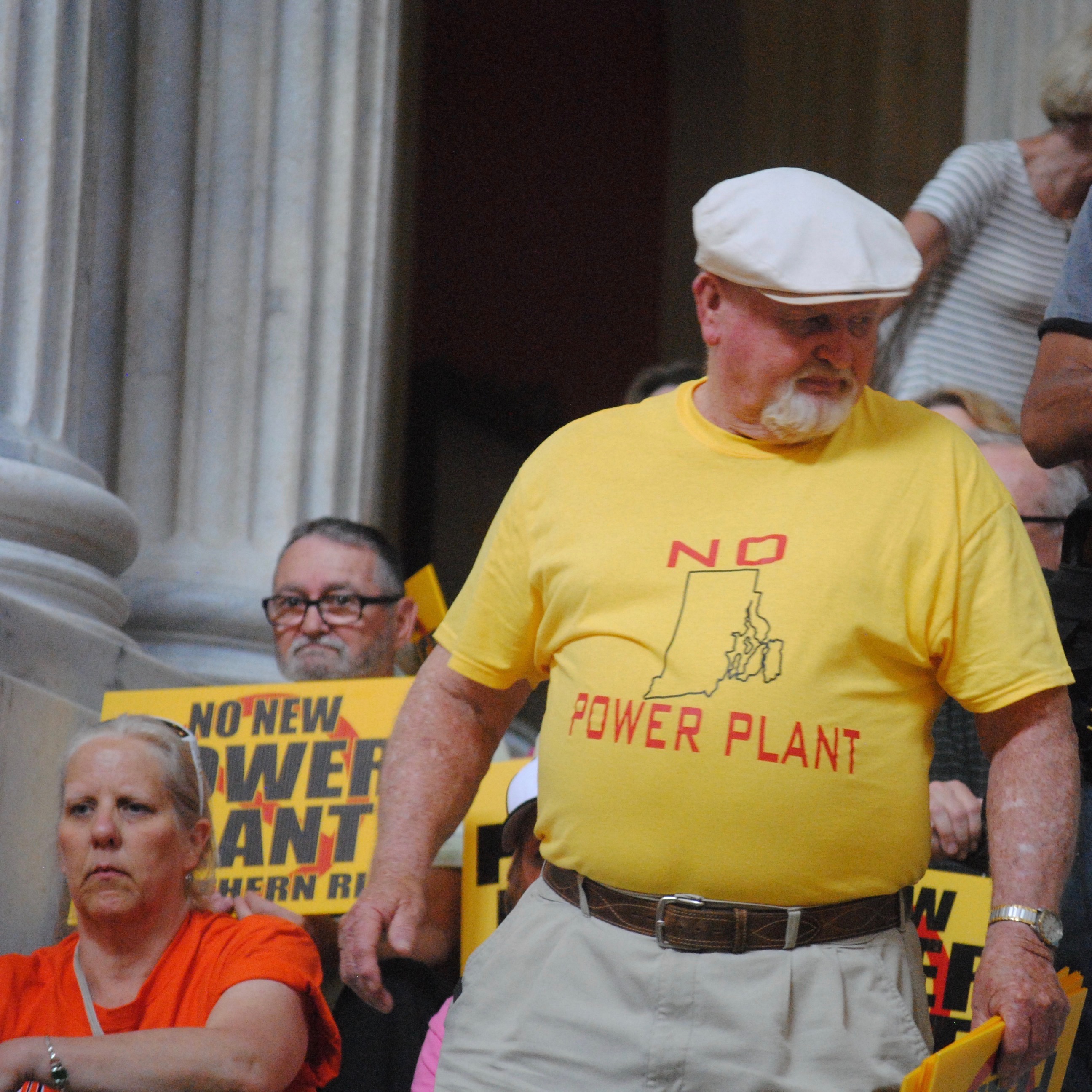
The Conservation Law Fund (CLF) supports S-3037, by Senators Fogarty, Nesselbush, and Kettle, and respectfully urges passage of this bill. This bill addresses an important issue pertaining to the proposal by Invenergy to build a new 900 MW fossil-fuel power plant in Burrillville, RI.
CLF has considerable first-hand knowledge of the Invenergy proposal. CLF is the only environmental organization that has been admitted as a full party before the Energy Facility Siting Board (EFSB) in Docket SB 20 15-06, which is the Invenergy permitting proceeding. CLF is the only environmental organization that has been admitted as a full party in the Public Utilities Commission Docket # 4606 that is considering issues pertaining to Invenergy (including whether the proposed plant is even needed and what the ratepayer impacts might be).
In connection with these legal proceedings, CLF has received and reviewed thousands of pages of evidence, including significant quantities of confidential information pertaining to the Invenergy proposal. CLF urges passage of Senator Fogarty’s bill because it addresses a crucially important issue that is not being addressed anywhere else — and, indeed, cannot be addressed anywhere else: the matter of voter approval for tax treaties.
I respectfully direct your attention to the portion of this bill beginning on page 3, line 34, and running through page 4.
Under long-existing law, R.I. General Laws § 44-3-30, the Town Council of Burrillville has the legal ability to enter into tax agreements, called “tax treaties,” with the proponent or owner of electricity-generating plants within the Town. Senator Fogarty’s bill would make one crucially important change to this law. The bill would retain the long-existing power of the Burrillville Town Council to enter into these tax treaties — but would require voter approval of such treaties.
This bill is good for democratic process.
The only argument that I have personally heard from Invenergy’s lawyers against this provision in the Fogarty Bill is that, by requiring such voter approval for tax treaties, the Bill would stymie any and all infrastructure projects in the state. I was even told that passage of the Fogarty Bill would prevent small projects from going forward at the Johnston Land Fill.
This is untrue. The underlying, existing statute that the Fogarty Bill modifies pertains only to Burrillville, and only to electricity generators in Burrillville. The Bill would have no application and no effect anywhere else in the state.
Moreover, if enacted, the Fogarty Bill would not stop the Invenergy plant from being built — nor even prevent the Burrillville Town Council from entering into a tax treaty with Invenergy. The only thing the Fogarty Bill would do is require that any such tax treaty be voted on by the people of Burrillville.
And, in the event that such a tax treaty were turned down by Burrilliville voters, even that would not necessarily stop the Invenergy plant from being built. The tax treaty that was voted down would not take effect, but Invenergy could seek to negotiate a different tax treaty, or could even build the plant without a tax treaty.
In short, the scare tactics used by Invenergy and its allies to oppose this provision of the Fogarty Bill are just not true.
I want to address one other provision in this bill: the section on page 1, lines 7 to 14, that would enlarge the membership of the EFSB. When this bill was heard in the House Environment Committee on Thursday, May 26, National Grid expressed reservations about expanding the membership of the EFSB, and said that so expanding the EFSB could potentially jeopardize tens (or even hundreds) of millions of dollars of pending infrastructure projects.
CLF has long had reservations about the way the current EFSB is constituted; thus, CLF well understands the impulse to change how the EFSB is constituted. Nevertheless, CLF believes that the most critically important portion of Senator Fogarty’s bill is the portion on page 4 requiring voter approval of tax treaties. For that reason, if there is significant opposition to the provision on page 1 of the bill (changing the membership of the EFSB). CLF respectfully urges that you strip out that latter provision and pass the rest of the bill.
[This post was created with an advanced copy of Jerry Elmer’s testimony for tomorrow’s Senate Judiciary hearing.]

